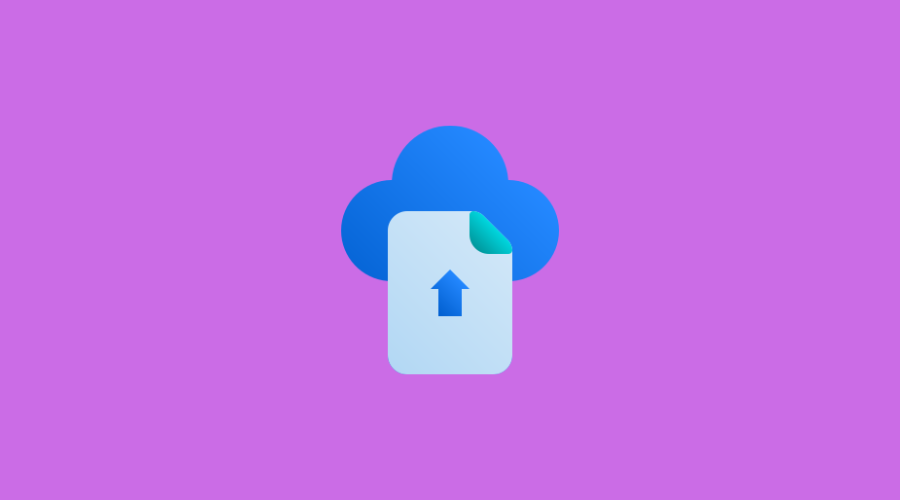🌟 1. Google Drive
✅ Free Storage: 15 GB
✅ Pros: Highly trusted, easy sharing via link or email, built-in virus scanning, seamless with Google Workspace
⚠️ Cons: Free plan has storage limits; privacy trade-offs (Google can scan content for policy compliance)
🛡️ 2. Mega.nz
✅ Free Storage: 20 GB (often with bonuses)
✅ Pros: End-to-end encryption by default, solid privacy reputation, supports very large files
⚠️ Cons: Slower speeds for free users during peak times; occasional bandwidth limits
📤 3. WeTransfer
✅ Free Plan: Share files up to 2 GB without an account
✅ Pros: Super simple UI, no signup needed, fast uploads
⚠️ Cons: Files auto-delete after 7 days on free plan; no permanent storage unless you pay
📦 4. Dropbox
✅ Free Storage: 2 GB (expandable via referrals)
✅ Pros: Smooth cross-device syncing, integrations with apps like Slack and Zoom, trusted name
⚠️ Cons: Smaller free storage; advanced features mostly premium
⚡ 5. MediaFire
✅ Free Storage: 10 GB (can increase up to 50 GB via referrals & bonuses)
✅ Pros: Direct download links, quick sharing, no file-type restrictions
⚠️ Cons: Ad-supported free downloads; no encryption by default
🔒 6. pCloud
✅ Free Storage: 10 GB
✅ Pros: Optional client-side encryption (paid add-on), lifetime payment option, fast sharing
⚠️ Cons: Zero-knowledge encryption costs extra
📊 7. OneDrive
✅ Free Storage: 5 GB
✅ Pros: Integrated with Windows & Office, reliable sync, business-friendly
⚠️ Cons: Privacy concerns similar to Google Drive; limited free space
🧩 Which One Should You Choose?
- Need strong privacy & encryption → Go for Mega or pCloud
- Want simplicity & speed → Try WeTransfer or MediaFire
- Prefer trusted big brands & integration → Choose Google Drive, OneDrive, or Dropbox

